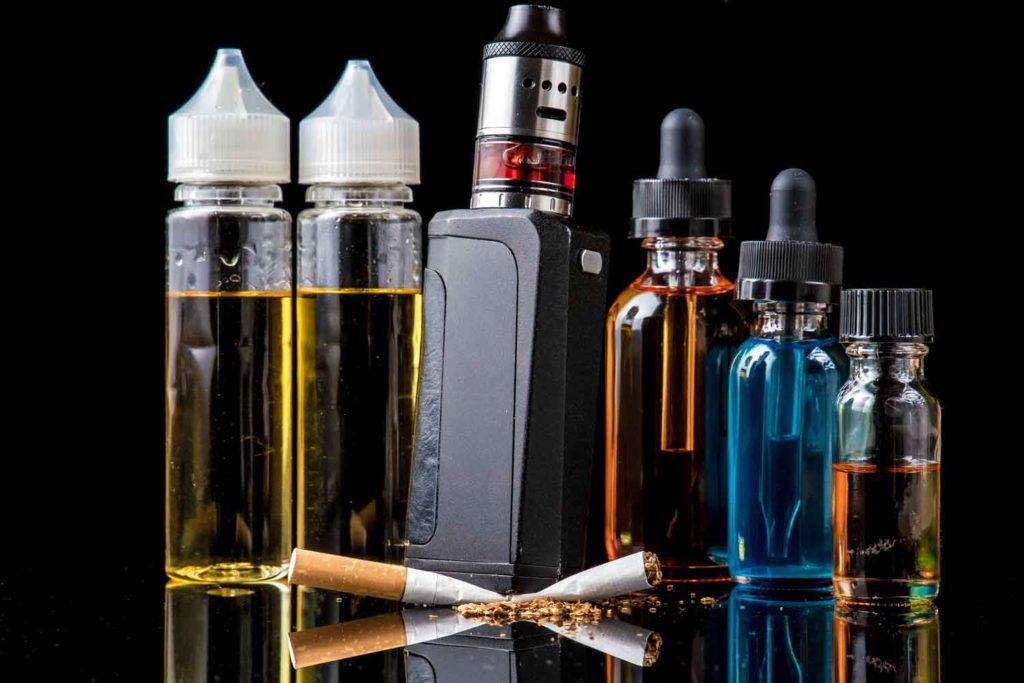
The number of people who vape in the U.K. has risen to its highest level since records began while the number of U.K. adults who smoke has fallen below 14 percent for the first time in years, according to just released government figures.
The Office for National Statistics (ONS) has published its annual report into smoking prevalence in the U.K., which includes figures on the number of adults who vape, just one month after the Department of Health’s announcement that vaping devices could soon be prescribed to smokers through the National Health Service.
In 2014, when data on the number of U.K. vapers started being collected, 3.7 percent of the population reported using e-cigarettes. In 2020, that had risen to 6.4 percent, equivalent to around 3.3 million people.
The report also reveals that the number of adult smokers in the U.K. currently stands at 13.8 percent of the population—its lowest percentage since at least 2015.
“This is a hugely welcome announcement as everyone on the side of harm reduction knows that vaping is far less harmful than smoking—by as much as 95 percent, according to the former health protection watchdog Public Health England [now part of the U.K. Health Security Agency]—so more people vaping and less smoking can only be cause for celebration,” said John Dunne, director-general of the U.K. Vaping Industry Association, in a statement.

This is a hugely welcome announcement as everyone on the side of harm reduction knows that vaping is far less harmful than smoking.
John Dunne, director-general, UKVIA
The ONS Smoking Prevalence Report highlighted that the number of ex-smokers who now vape had risen from 11.7 percent in 2019 to 12.3 percent while the number of smokers who also vape increased from 15.5 percent in 2019 to 17.8 percent in 2020.
However, according to the ONS monthly data, smoking rates rose sharply during the pandemic and national lockdown to a peak of 16.3 percent in August before slowly decreasing to 13.8 percent by the end of 2020.
“While this rise in smoking prevalence during lockdown could be attributed to increased anxiety because of the pandemic, I would also point toward the fact that specialty vape shops were not granted ‘essential retail’ status and therefore had to close their doors as another significant contributing factor,” said Dunne.

